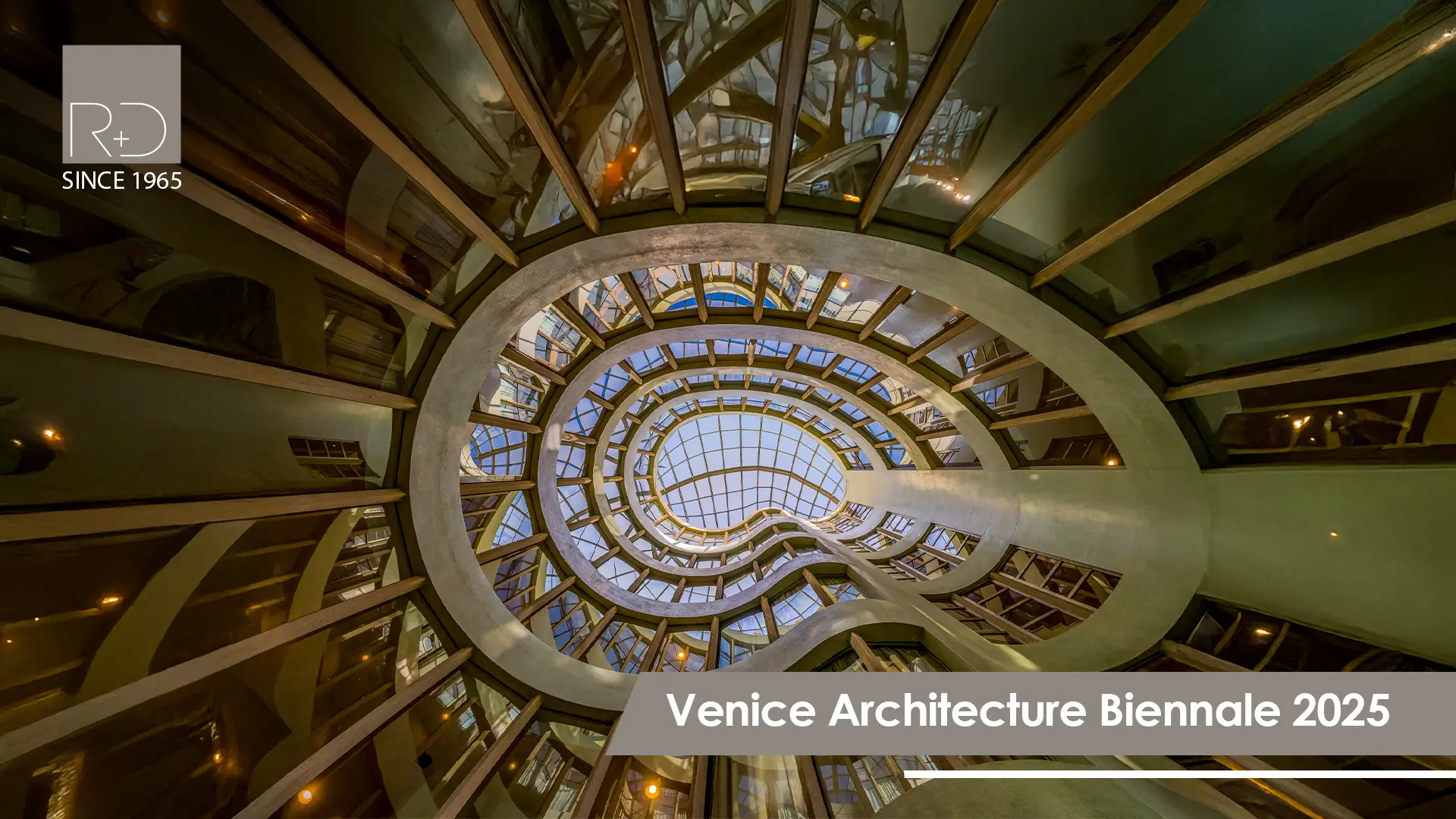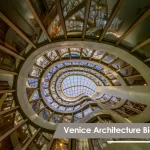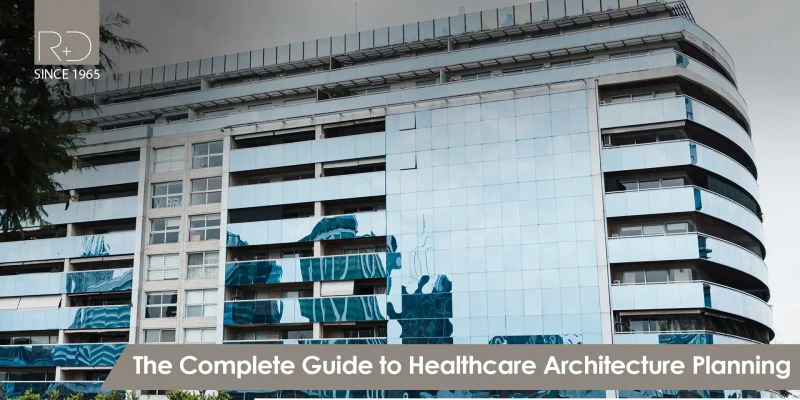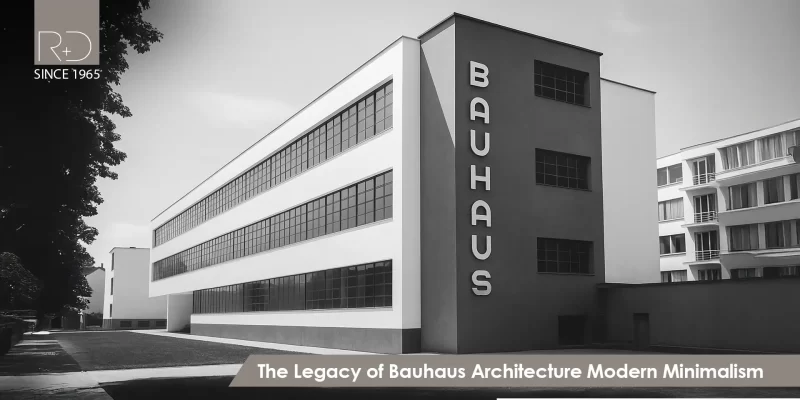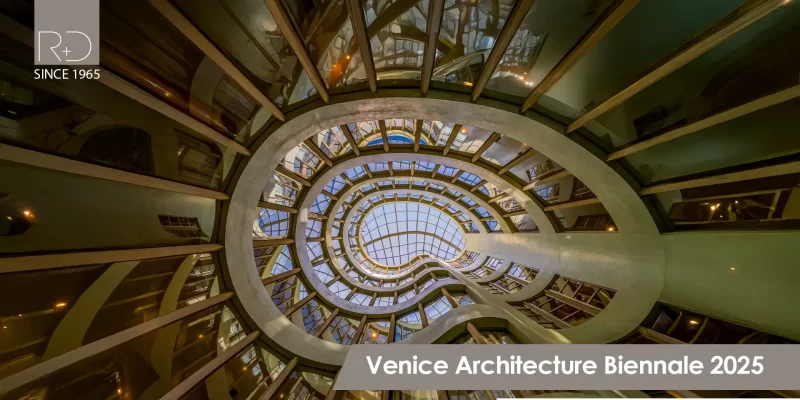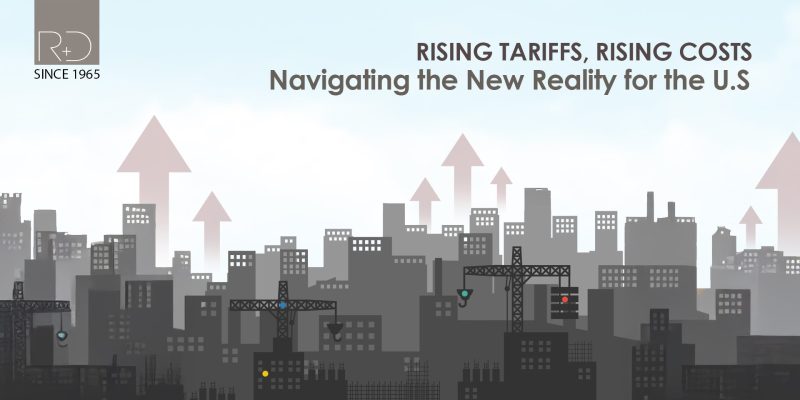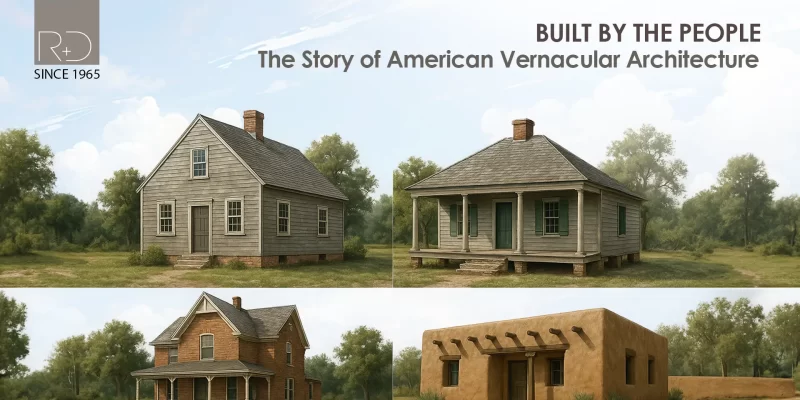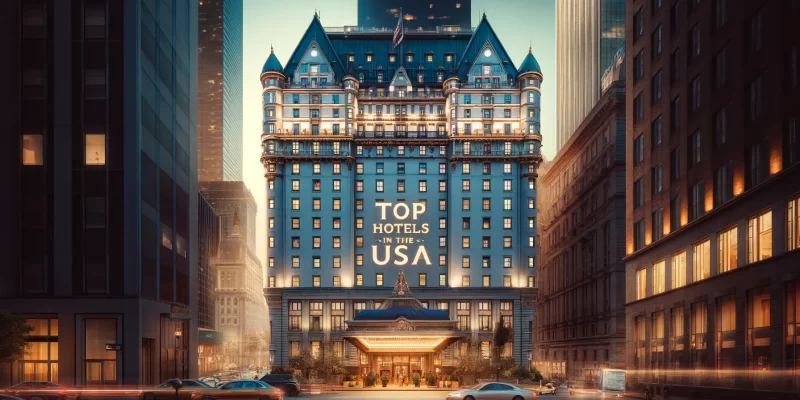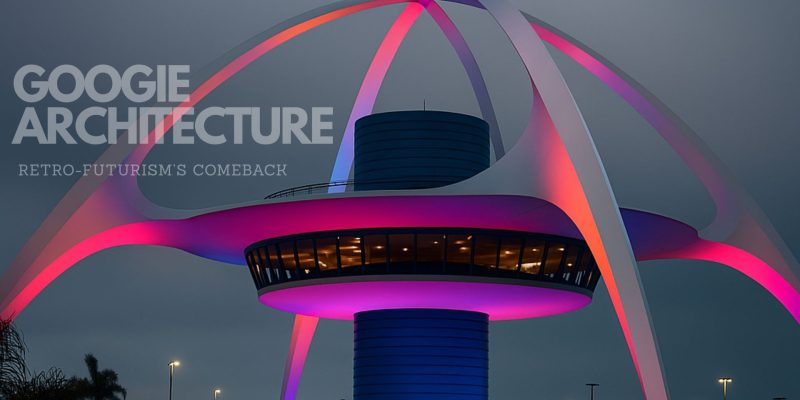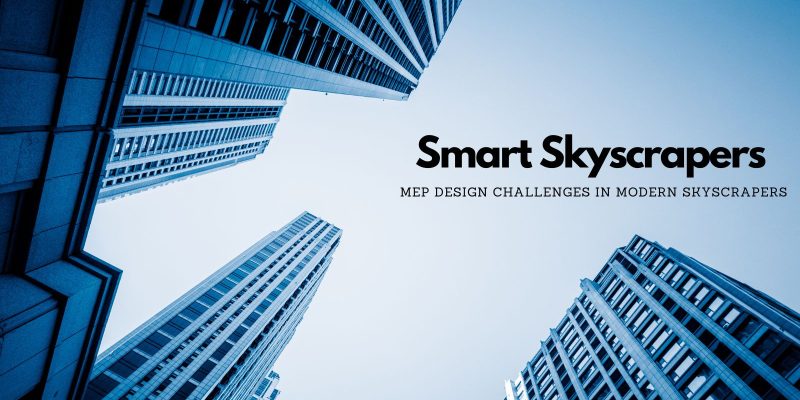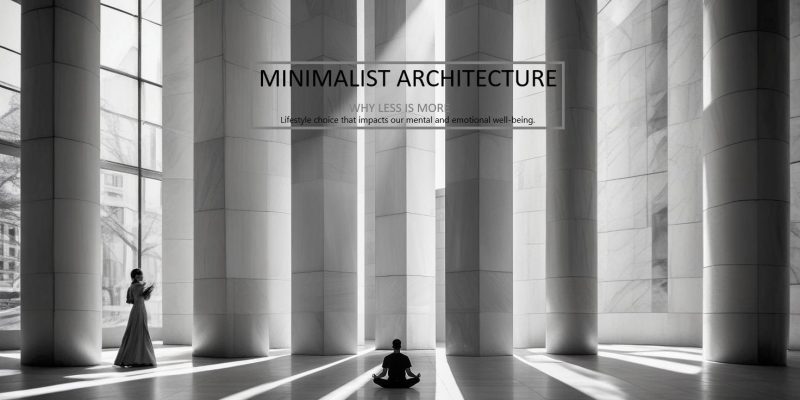Venice, a city where history floats on water, becomes even more magical in 2025. This year, the 19th Venice Architecture Biennale turns the city into a living lab of ideas, mixing ancient beauty with futuristic design.
Whether you’re an architect, artist, or traveler, here’s your ultimate guide to Venice’s architectural legacy and what not to miss at the Biennale Architettura 2025.
A City Shaped by Centuries of Architecture
Before diving into the Biennale, it’s worth taking a moment to understand the architectural DNA of Venice:
- Byzantine Beginnings: Venice’s roots as a Byzantine outpost live on in places like St. Mark’s Basilica (11th century). With its Greek-cross plan, soaring domes, and glittering mosaics, it’s a masterpiece of Eastern influence.
- Venetian Gothic Marvels: Buildings like the Doge’s Palace and Ca’d’Oro combine pointed arches and intricate stonework with touches of Islamic and Byzantine art—a style unique to Venice.
- Renaissance Elegance: Architects like Andrea Palladio and Jacopo Sansovino brought symmetry and classical beauty to landmarks like Il Redentore, San Giorgio Maggiore, and the Libreria Marciana.
- Baroque to Modern: Over time, styles evolved, but the city’s skyline still tells a layered story—domes, spires, and colonnades coexisting in harmony.
What is the Venice Architecture Biennale?
- Founded: First held in 1980, it’s part of the broader Venice Biennale (since 1895).
- Purpose: To explore big questions in architecture—past, present, and future.
- Format: A mix of curated exhibitions and national pavilions, mostly located in the Giardini, Arsenale, and various city landmarks.
2025 Theme: Intelligens. Natural. Artificial. Collective.
Curated by architect and MIT professor Carlo Ratti, this year’s Biennale asks:
“How can different forms of intelligence—nature, AI, and communities—shape the future of architecture?”
Highlights of the Theme:
- Natural Intelligence: Learning from plants, animals, and ecosystems.
- Artificial Intelligence: Using AI to optimize, simulate, and design.
- Collective Intelligence: Tapping into human cooperation and indigenous knowledge.
- Out (Speculative Futures): Space architecture and beyond.
Must-See Exhibits & Projects
Here’s what not to miss in 2025:
🔸 In the Arsenale:
- Climate Data as Art: Installations simulate floods and wildfires based on real projections.
- Kengo Kuma’s “Living Structure”: Buildings that “grow” like trees using bio-design and AI.
- Future Materials Lab: Showcases graphene, bio-concrete, and next-gen sustainable materials.
🔸 In the Giardini:
- U.S. Pavilion: “PORCH” – A real porch installation celebrating community space.
- Bahrain Pavilion: “Heatwave” – Award-winning exhibit on cooling architecture inspired by traditional wind towers.
- Belgium’s “Building Biospheres” – Using plant intelligence to inform design.
🔸 Across Venice:
- Pop-up installations in lesser-known neighborhoods and canals.
- Water-purifying espresso bars, indigenous design workshops, and more experimental ideas.
A Focus on Climate and Adaptation
This year, sustainability isn’t just a buzzword—it’s central to everything:
- The Biennale shifts from just mitigation to adaptation—accepting that climate change is here and architecture must evolve.
- A Circular Economy Manifesto guides material use: pavilions are built from recycled and reusable components.
- Many pavilions blend technology, tradition, and community knowledge to address real-world climate needs.
As Carlo Ratti puts it:
“Architecture is about survival in a changing world.”
Planning Your Visit: What to Know
✨ Start With:
- Giardini: Ideal first stop with compact national pavilions.
- Arsenale: Sprawling exhibitions in historic shipyards—allow more time.
- Citywide Installations: Use the map on the official site to track surprise locations.
🏛 Don’t Miss the Classics:
- St. Mark’s Basilica – Gold mosaic ceilings and Eastern domes.
- Doge’s Palace – Gothic arcades and historic chambers.
- Rialto Bridge & Grand Canal – A Renaissance icon with postcard views.
- Santa Maria della Salute – 17th-century Baroque beauty right on the water.
🚤 Transportation & Tips:
- Buy Tickets Online Early – Timed entry helps with crowd control.
- Use Vaporetto Line 1 – Easy access from Arsenale to San Marco or Rialto.
- Best Time to Visit – May–July and September (avoid high summer crowds).
- Multilingual Guides – Many exhibits include English, Italian, and more.
Final Thoughts: Why This Biennale Matters
The Venice Architecture Biennale 2025 offers something rare: a real dialogue between history and innovation. You’ll see ancient domes and futuristic AI, all within walking (or boating) distance.
This isn’t just for designers it’s for anyone curious about the future of cities, sustainability, and how we live together.
Whether you’re in search of design inspiration or a deeper appreciation for Venice itself, this Biennale promises a journey through past, present, and what’s possible.
